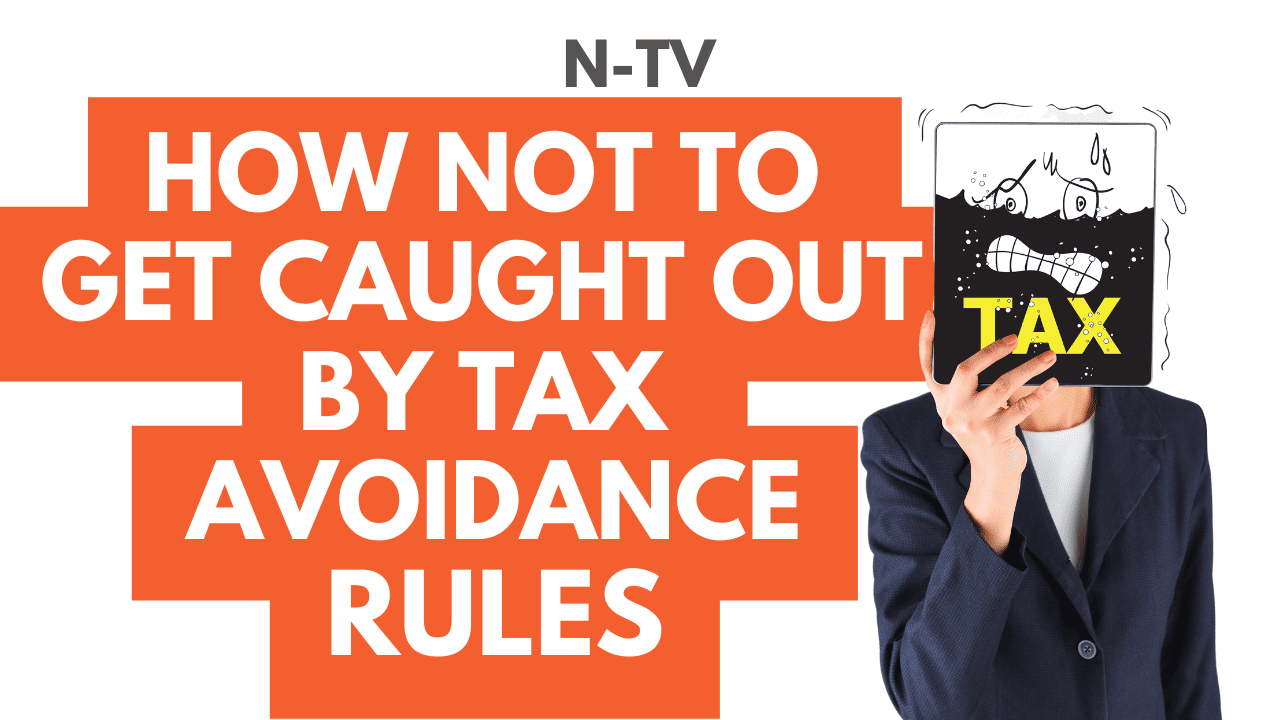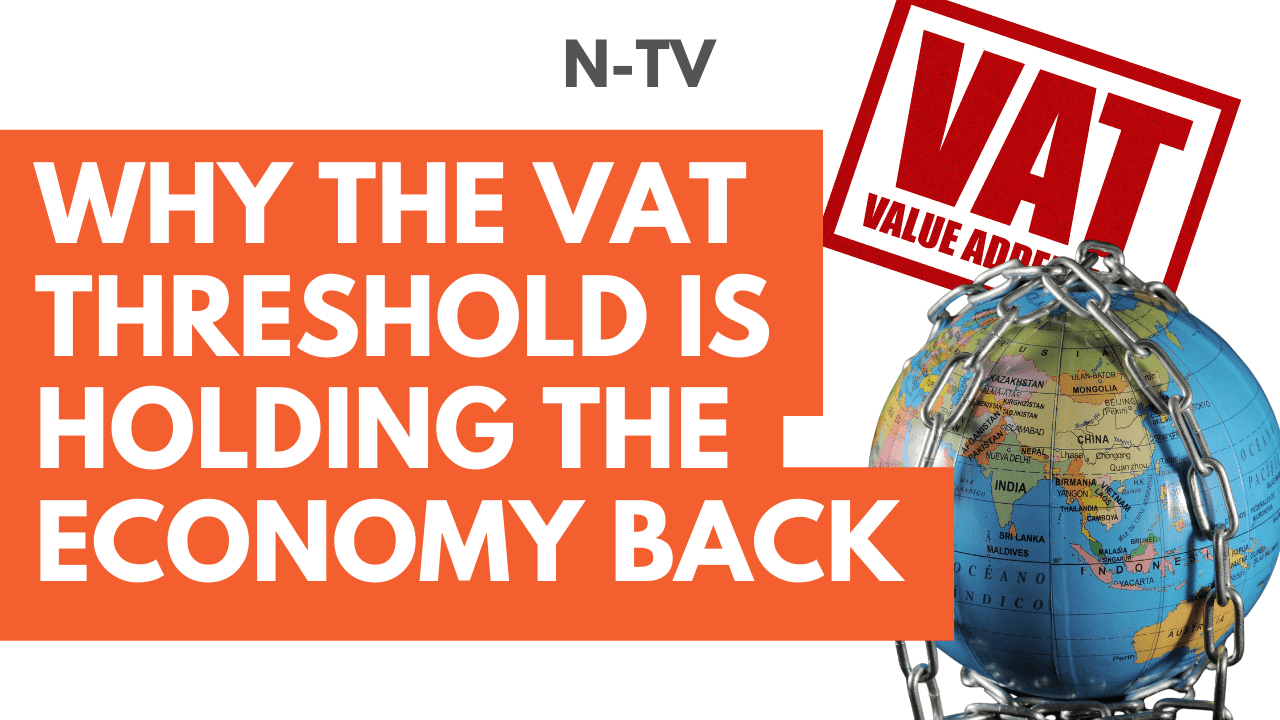Why you should get an electric car through your business
So today, I want to talk to you about why you should definitely be thinking about getting an electric car through your business. So traditionally, when you got a car through your company, you can actually put the car through your company as an expense. So it would lower your company profits and would lower your corporation tax bill. And also, you wouldn’t have to take the money out of your business to pay for the car personally, so it also lowers your dividend tax bill.
So the challenge with that system, though, it was depending on what kind of car it was, especially diesel and petrol cars, the government would then say, “Actually, you’re getting a benefit from your company, which instead of getting a salary from your company. So we’re going to tax it like it is a salary.” Not exactly the same, but almost. So the government would then have company car tax charges.
The problem with these were the company car tax charges weren’t essentially based on the value of the car, they were actually based on CO2 in particular emissions of the vehicle. So you could have a really clapped out old banger, which was worth barely anything, but because it’s spewing out carbon dioxide, quite rightly it was massively penalized by the tax system and you would end up paying a lot more tax than it saved your company. So it was never really worth putting that kind of car through your business.
But recently, because of changes in government policy and the move towards electric cars, the government is trying to encourage business owners to buy electric cars, like Teslas and other electric cars as well, by saying, “Well, actually you can put it through your business. You can put it through and get the tax saving on your business. But the company car tax we’re going to charge you is incredibly low. In fact, it’s like 1% of its value, and then it’ll go up to 3% over time.”
So what’s happening now is people are in a position where actually they can get their company to buy an electric car for them. Also, plug-in hybrids aren’t too bad, but electric cars are really where you get this tax saving. And the company will then pay for it or get this tax saving. These business owners will then get the car tax free. And in some cases, depending on your tax rate, it’s almost like the government giving you 50% off that car and paying half that car for you because in certain cases, if you lease especially, you can get half the VAT back as well. So the tax savings are absolutely awesome. So you should definitely think about going electric if you’re looking to renew your car. Also it’s good for the environment.
So if you want to find out about this or anything else, then get in touch. And more importantly, talk to us about how we can support your business. So we have our signature system. It’s our signature AAA system called Apex. And what it’s designed to do is get your business working for you rather than the other way around. So even though company cars are cheaper, when you put them through the business, we’ll make sure you can definitely afford it. So get in touch, book in a game plan session, and we’ll show you exactly how it works.
Tax incentives for electric cars
I suppose in some ways company and private car tax benefits took a bit of a backstage position for us all in 2020. For most of us there was nowhere to go so the best options for company cars wasn’t exactly right at the top of the agenda. As we come out of lockdown though it’s something that is really worth looking at because transport is likely to become a big factor again this year. From VAT on your repair bills through to paying employee expenses and of course the decision to pay a car allowance or use company vehicles, cars are can be an expensive and troublesome necessity. Petrol and Diesel cars are subject to all kinds of potential pitfalls in relation to running costs and tax. Electric cars on the other hand do come with some real tax benefits that could make them a good choice.
- If your business purchases an electric car outright it will be a capital allowance the same as any other car. However, and this is a very big ‘however’, the capital allowance rate is partially based on the emission rating of the car. Electric vehicles therefore are usually far more viable as a purchase from this perspective.
- Benefit in kind reductions are probably the first thought for electric vehicles in relation to employees. At the moment if you offer employees a company car, they will attract a Benefit In Kind (BIK) hit on their salary. What that means is the employee will be taxed for accepting the company car at a rate based on the emissions for the vehicle. Big score here for electric cars because no fuel means no emissions. At the moment a BIK is 0. This is set to change in the 2021 budget, but the expectation is that it will still be very low at just 1% of the P11 value of the car. The P11 value is the list price including any accessories at the point of purchase. To put that into perspective the BIK on a £40,000 petrol car would probably be thousands a year. On an electric car it would be £0 and next year it would rise to 1% of the sale price. That represents a very large personal tax saving.
- Electric cars do not pay road tax. All pure electric cars are currently exempt from paying road tax. This is a considerable saving compared to the hundreds or pounds that a traditional vehicle could attract.
- Higher tax payers will see substantial returns in the short term. If you fall into the higher income brackets for tax you may find that if the business buys your new electric vehicle your tax benefits are considerable. The saving made here could very well have a real impact on your income.
- Congestion charge is lower if you travel to London. The congestions charge is based on tail pipe emissions and therefore the current charge is the same as your emissions. It is zero. This is set to continue to 2025.
At the end of the day the decision to offer a company vehicle is still quite a complex one and you need to factor in the cost of the car, the VAT (you may not be able to claim this back) the running costs which are often lower for electric but can be considerably higher for maintenance, the tax implications for the business and the employee and several other factors. Our advice is not to jump into the decision because there are several ‘bear traps’ around opting for any company vehicle. In the right circumstances an electric car could make more sense as a potential company vehicle and has several advantages over a more traditional car as a potential purchase. Whatever you decide though the basic question of whether your company car is affordable and a good idea will be decided by your own business circumstances.
Call us to talk through your options.





















